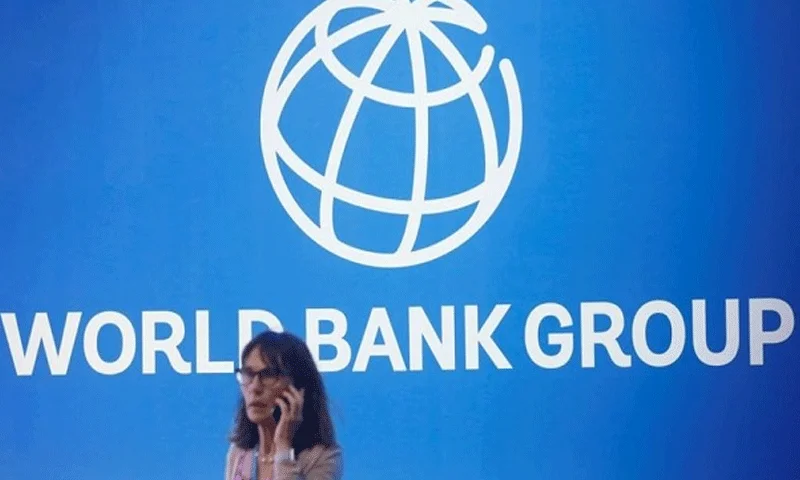Bangladesh secures $900 million WB financing for development
Share on:

The World Bank’s Board of Executive Directors has approved two significant projects totaling $900 million to bolster Bangladesh’s fiscal and financial policies, and enhance urban infrastructure and management, paving the way for sustainable and climate-resilient growth.
"Decisive reforms will help Bangladesh sustain growth and strengthen resilience to climate change and other shocks,” said Abdoulaye Seck, World Bank Country Director for Bangladesh and Bhutan.
“These new financing operations will help Bangladesh in two critical areas—the financial sector and urban management—to achieve its vision of upper middle-income status,” he added.
Financial Sector Reforms
The first project, the Second Recovery and Resilience Development Policy Credit, provides $500 million to support fiscal and financial sector reforms essential for sustainable growth and resilience against future shocks, including climate change.
This credit, the final installment in a two-part series, will transition Bangladesh’s tax system from trade to consumption and income taxes, enhancing competitiveness in preparation for its graduation from the Least Developed Countries (LDC) category.
Besides, it will institutionalise the public procurement authority, thereby reducing the e-GP system’s lead time from 70 to 55 days, and strengthen banking sector oversight and management of National Savings Certificates.
“A well-functioning financial sector is critical for Bangladesh to increase investment and improve access to finance for those left out of formal banking systems,” noted Bernard Haven, World Bank Senior Economist and Task Team Leader for the programme.
The project will streamline the bank recovery framework and implement prompt corrective actions to address undercapitalized banks, while also bolstering social protection programmes to safeguard the most vulnerable during economic downturns and natural disasters.
Urban Infrastructure Management
The second project, the Resilient Urban and Territorial Development Project, allocates $400 million to improve climate-resilient and gender-responsive urban infrastructure across seven city clusters along a 950-kilometre economic corridor from Cox's Bazar to Panchagarh.
This initiative addresses the rapid urbanisation of Bangladesh, where 38% of the population resided in urban areas in 2021, a figure expected to rise to 60% by 2050.
Climate-resilient development in secondary cities is prioritised to absorb climate migrants and reduce congestion in Dhaka, one of the world’s most densely populated cities. The project focuses on coordinated investment in infrastructure and planning across cities, promoting a holistic approach over individual city plans.
“This will be the first in a series of projects helping build resilience to climate change and create new opportunities and jobs in secondary cities through spatially targeted investments,” said Kwabena Amankwah-Ayeh, World Bank Senior Urban Development Specialist and Task Team Leader for the project.
Investments will enhance rural-urban linkages, strengthen food supply chains, and improve connectivity between selected cities and surrounding areas. The project will also enhance facilities for tourism and green spaces, incorporating needs of female users and green building features like rainwater harvesting.
Selected municipalities will receive subgrants for climate-resilient and gender-responsive infrastructure, increasing revenues by 20%. Town-Level Coordinating Committees with at least one-third female members will be formed to oversee these initiatives.
WB’s Long-Term Commitment
The World Bank has been a steadfast partner to Bangladesh since its independence, committing approximately $41 billion in grants and interest-free credits. In recent years, Bangladesh has become one of the largest recipients of the World Bank’s interest-free credits.
This substantial financing marks a pivotal step in Bangladesh’s journey towards sustainable growth, economic resilience, and upper middle-income status, ensuring the nation’s preparedness against future shocks and climate change challenges.

